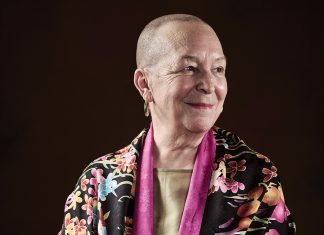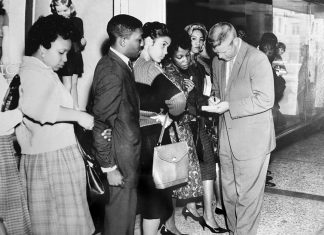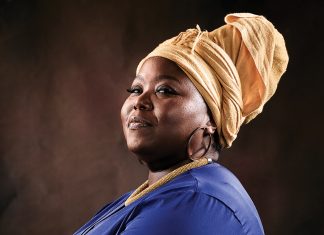The Civil Rights Act of 1964 created a fundamental shift in American society. Proposed by President John F. Kennedy in the aftermath of the Birmingham marches in 1963, which shocked the country with images of vicious police dogs and fire hoses used to quell protesters, it was signed into law months after his assassination. Only one U.S. senator from the South voted for it, prompting President Lyndon Johnson to say the Democratic Party had lost the South for at least a generation. That has proven prophetic.
Over the years, the scope of the Act has expanded and contracted depending on the leanings of the Supreme Court. But its foundation remains firmly based: It is illegal to discriminate on the basis of race, color, religion, or national origin. Protections have been added for women and LGBTQ+ Americans, though the fight for equality remains unfinished.
Atlanta is the cradle of the civil rights movement. To mark the 60th anniversary of the Act, we asked 17 prominent Atlantans to tell us how it has impacted their lives. These are personal stories, illuminating and profound. The essays are built around three elements: how things were, how things are, and each person’s hope for the future. —Scott Freeman



























